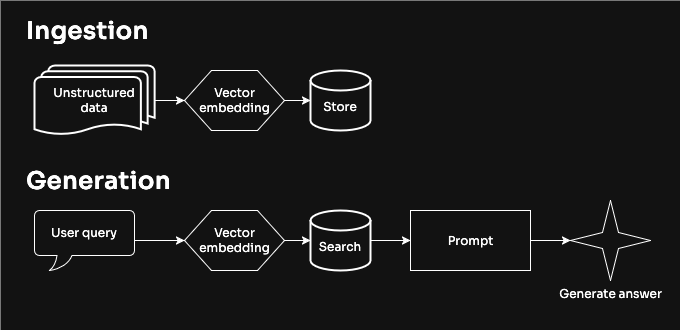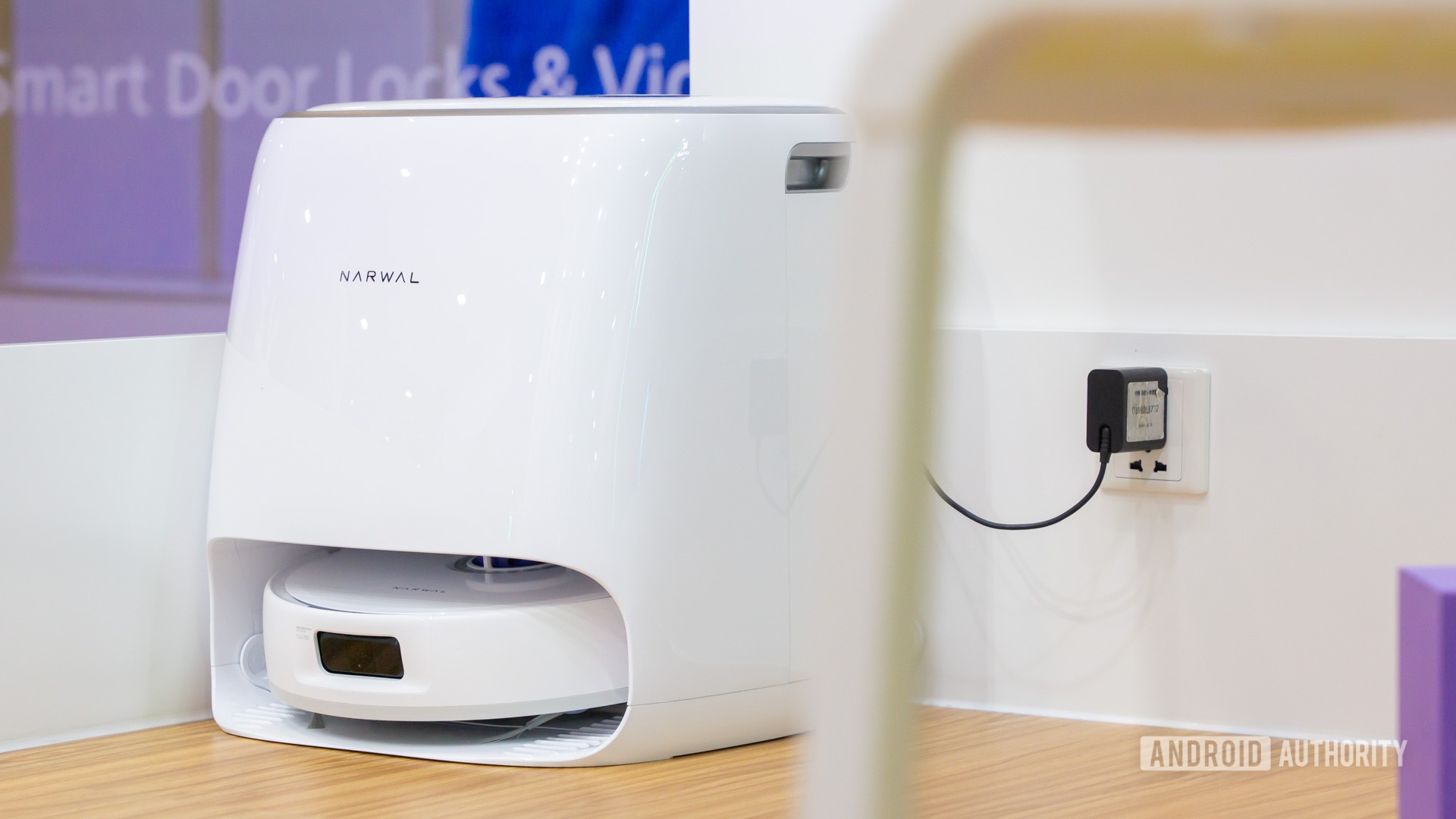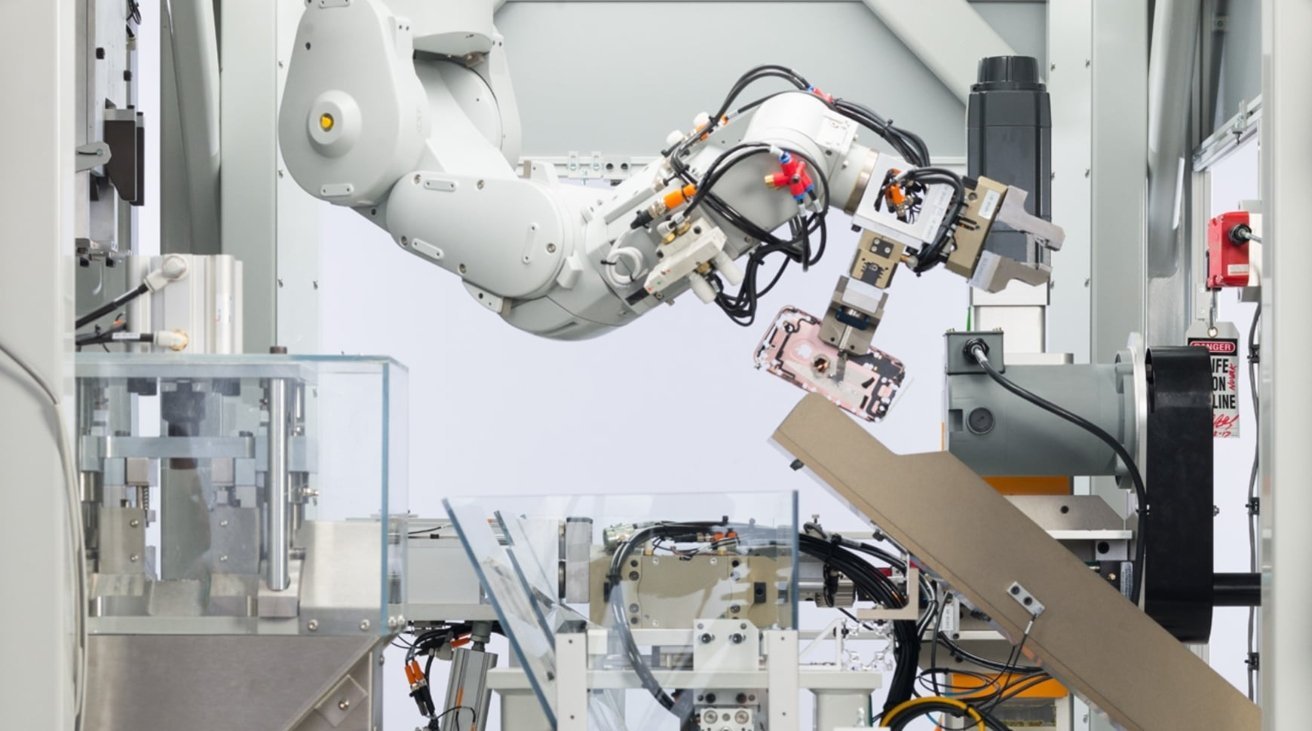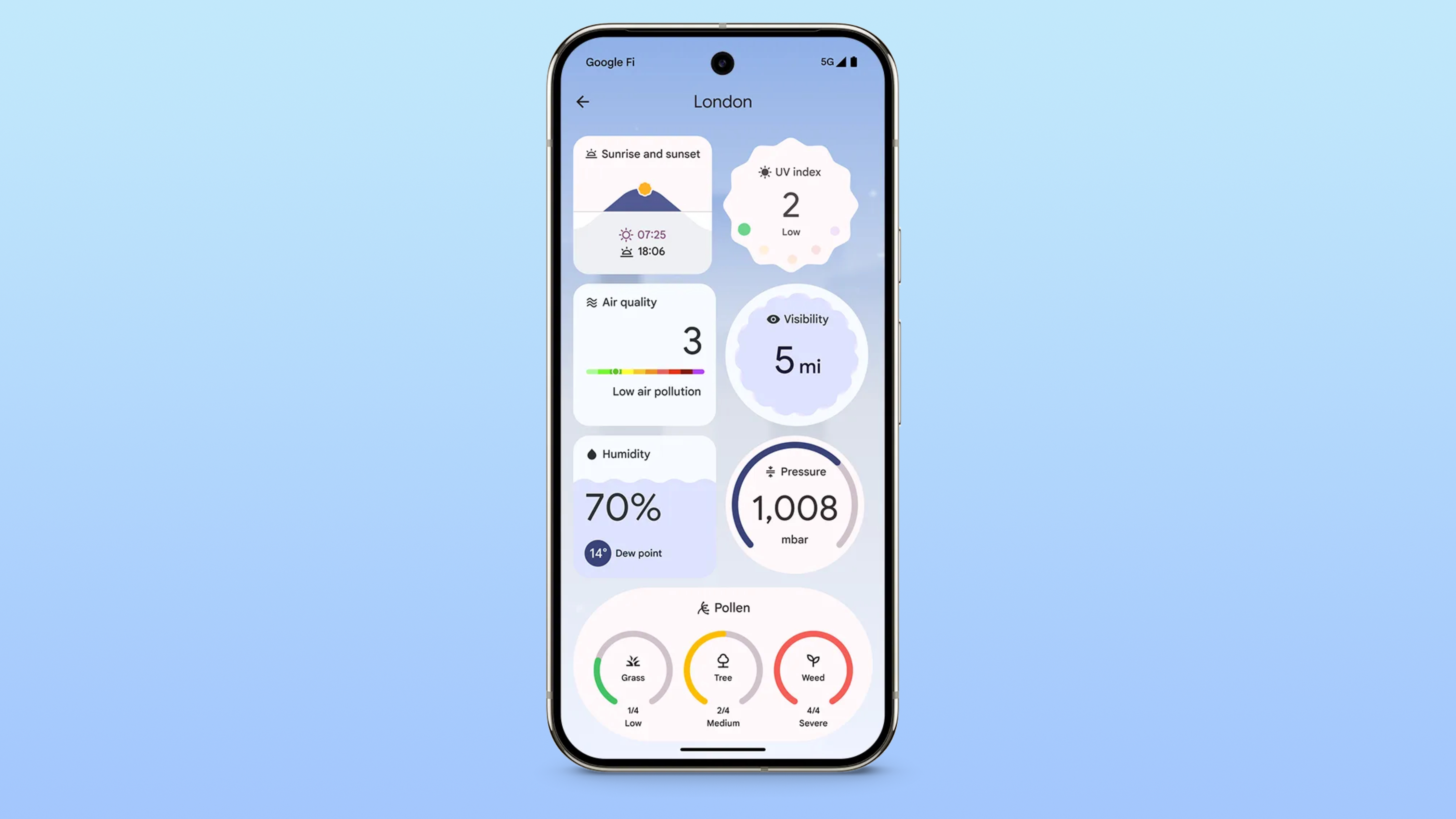Brain Implant Companies Apparently Have an Extremely Dirty Secret
In the 21st century, it's safe to say no secret is safe. Our personal data is constantly bottled and sold by the companies whose apps we use every day, to the advertisers cluttering our phones with increasingly personalized ads. So far, that "data mining" has been confined to our phones and computers. But now, a group of senators are speaking out about an even further breach of privacy: companies scraping data from brain implants. In a joint letter sent on Monday, democratic senators Chuck Schumer, Maria Cantwell, and Edward Markey joined together to "express concern over the handling of sensitive […]


In the 21st century, it's safe to say no secret is safe. Our personal data is constantly bottled and sold — by the companies whose apps we use every day, to the advertisers cluttering our phones with increasingly personalized ads.
So far, that "data mining" has been confined to our phones and computers. But now, a group of lawmakers are speaking out about an even further breach of privacy: companies scraping data from brain implants.
In a joint letter sent on Monday, democratic senators Chuck Schumer, Maria Cantwell, and Edward Markey joined together to "express concern over the handling of sensitive neural data generated by the rapid development and commercialization of brain-computer interface technologies."
The memo notes that neural data is "deeply personal" and "strategically sensitive," likely holding secrets to our mental health, emotions, and cognitive abilities. They cite a recent study by the NeuroRights Foundation that found that the "vast majority" of brain implant companies collect data with "few limits, vague policies, and reserve sweeping rights to share it," referencing the lucrative sale of data to advertising firms and AI companies.
The senators call on the Federal Trade Commission to "act decisively" in investigating and regulating products like Elon Musk's Neuralink. That's a particular fraught example: earlier this year, Musk's DOGE made drastic cuts to the offices responsible for investigating his companies, including Food and Drug Administration workers looking into Neuralink's testing on humans and animals.
Curiously, the memo has little to say about the industrial data-harvesting operations already underway — the tech that walked so brain implants could run. Instead, it agonizes about cutting off brain-wave access to nations like China, which the senators hysterically claim is developing "purported brain-control weaponry."
Notably, the letter's signatories are all elderly — Schumer is 74, while Markey is 78 — which invokes concerns that aging lawmakers aren't well prepared to regulate tech. Tech industry bigwigs have long used scare tactics to shape federal law, but the issue of unscrupulous data harvesting goes beyond age and techno-savvy.
Rather, it's an issue that cuts to the very heart of data profiteering. In his new book "The Mechanic and the Luddite," technology and economics researcher Jathan Sadowksi lays out the drastic stakes of the game.
"This insatiable desire for data arises from the fact that data is now a form of capital, like money and machinery. Data is now essential to the production, extraction, and circulation of value by digital systems," Sadowski pines. "[And] like all capital, data is subjected to a logic of accumulation that boils down to a powerful imperative: create and capture as much as you can, from all sources, by any means possible."
Sadowski might say it’s not enough to simply regulate brain data harvesting like Schumer and friends suggest; we need to end the industrial data trade altogether. Our very thoughts could soon depend on it.
More on data: Elon Musk Using Private Data to Build List of People to Deport
The post Brain Implant Companies Apparently Have an Extremely Dirty Secret appeared first on Futurism.



































































































































































![[The AI Show Episode 145]: OpenAI Releases o3 and o4-mini, AI Is Causing “Quiet Layoffs,” Executive Order on Youth AI Education & GPT-4o’s Controversial Update](https://www.marketingaiinstitute.com/hubfs/ep%20145%20cover.png)






































































































































































































































.jpg?#)

































_NicoElNino_Alamy.jpg?width=1280&auto=webp&quality=80&disable=upscale#)
























































































![Craft adds Readwise integration for working with book notes and highlights [50% off]](https://i0.wp.com/9to5mac.com/wp-content/uploads/sites/6/2025/04/craft3.jpg.png?resize=1200%2C628&quality=82&strip=all&ssl=1)




















![Standalone Meta AI App Released for iPhone [Download]](https://www.iclarified.com/images/news/97157/97157/97157-640.jpg)




































































































